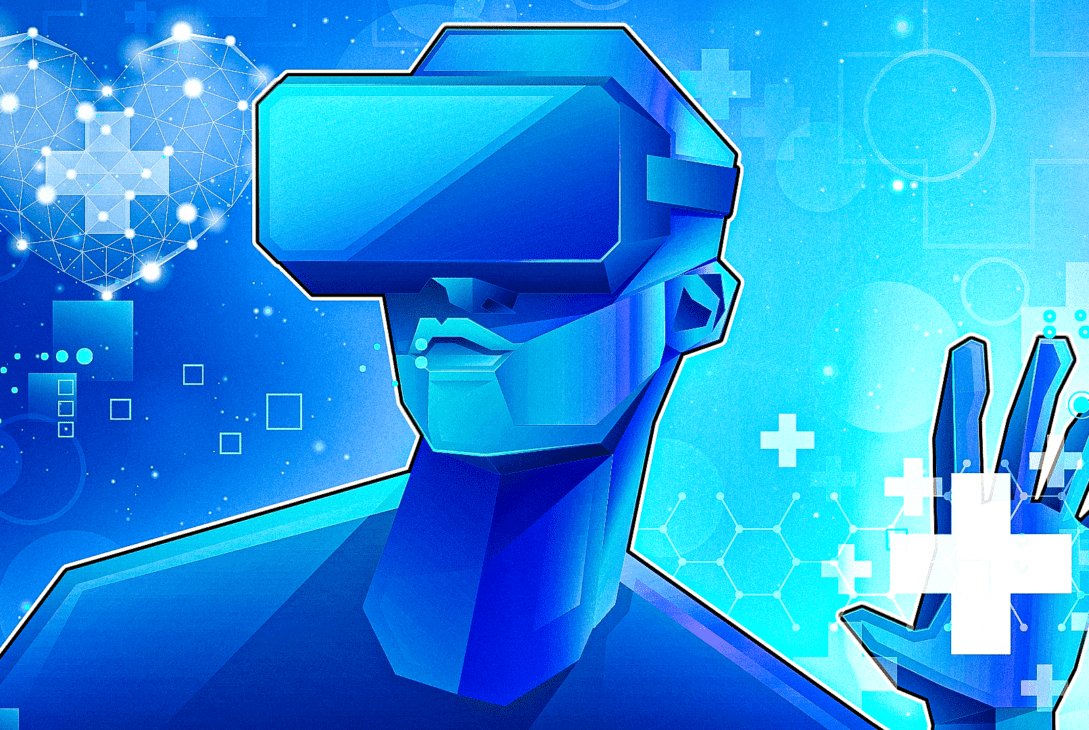Veyond Metaverse is a medical technology company and recently they have announced that their medical telepresence platform would expand to include the Apple Vision Pro.
This growth follows the company’s successful implementation of its remote communication and real-time translation capabilities on traditional virtual and augmented reality devices to launch its first “digital surgery” in 2023.
Veyond Metaverse looks to be entering the high-end medical telepresence market at a time when the demand for new doctors outpaces the supply of cadavers worldwide, with the addition of Apple’s recently introduced Vision Pro headset.
Revolutionizing Surgical Training with Veyond Metaverse
Veyond Metaverse is a medical technology company that founded in 2021 and specializes in immersive training programs and surgical telepresence. The company lets experts supervise or guide surgeries from a distance, enabling remote surgical aid.
Through headphones, remote physicians can participate in real-time and fully immerse themselves in the operating environment while the surgeon on-site handles the actual procedures.
Besides providing telepresence surgery, Veyond Metaverse also provides immersive augmented reality and haptic feedback systems for educational purposes. The purpose of these encounters is to teach students basic surgical skills, such as making their first incisions.
Advancing Surgical Training with Apple Vision Pro
The Vision Pro is one of the most advanced mixed-reality headsets available today. Apple refers to it as a “spatial computing device” to emphasize that, at its core, it’s a virtual and augmented reality headset, sometimes known as a mixed reality or extended reality device, and that it’s not necessarily a dedicated gaming device.
When wearing the headset, users can view virtual images on internal screens while several external cameras record the outside environment. This makes it possible to combine digital and real-world imagery. Medical researchers in the Netherlands recently conducted a study revealing that the medical profession worldwide is increasingly accepting VR technologies, with further adoption anticipated as technology and software continue to advance.













































































































